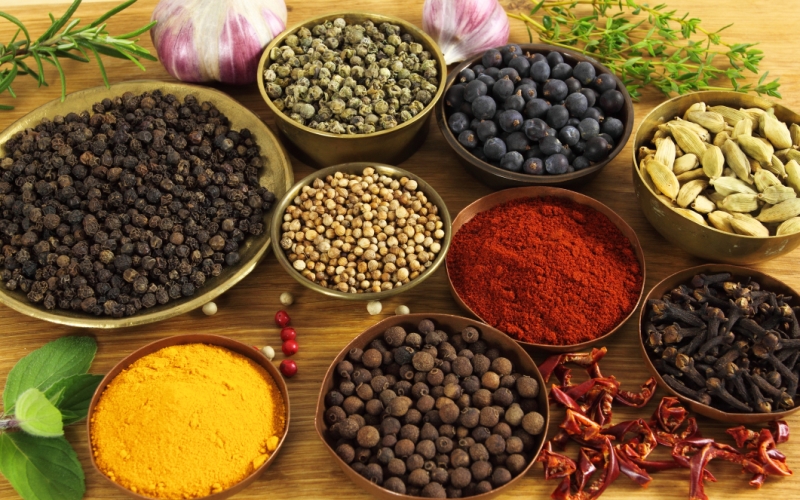
The Trend Toward Over-Vaccinating and the Need for Long-Term Research
The last time I wrote a blog post on vaccines and vaccinating, it generated quite a bit of conversation and raised some very good questions.

The last time I wrote a blog post on vaccines and vaccinating, it generated quite a bit of conversation and raised some very good questions.

Enhancing Cellular Defense Mechanisms with Adaptogens Aging is associated with a decrease in adaptive abilities along with increased vulnerability to stress. At the same time,

With cold and flu season upon us, now is the perfect time to consider herbal remedies for supporting respiratory health. During the fall and winter

In the case of a serious life-threatening disease, such as polio, my opinion is to vaccinate. The risk-to-benefit ratio is clear—get the vaccine and not

Over the last few months, headlines around the world have focused on the Ebola epidemic sweeping West Africa. In early August of this year, the

In my blog post last week I talked about why I’m opposed to flu shots, and outlined a holistic approach to supporting the immune system

Just this past week, the CDC stated that the flu has officially reached epidemic proportions. If you follow the recommendations from the U.S. Centers for